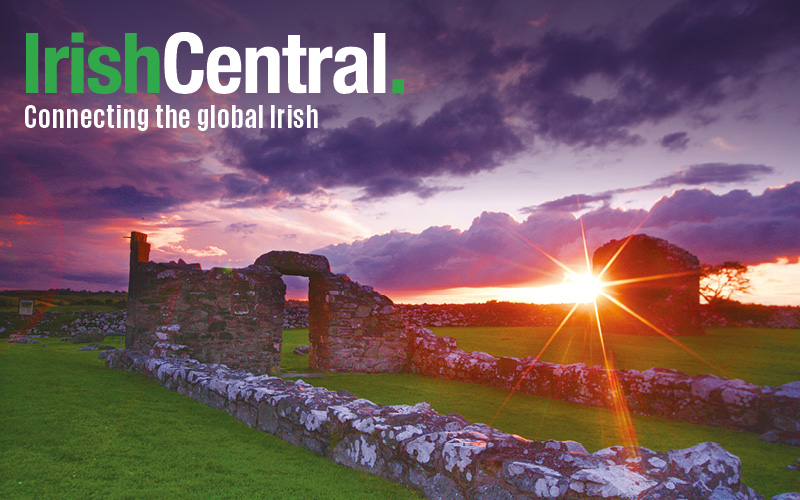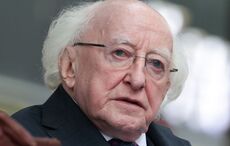Irish leader Enda Kenny has said the state run inquiry into the abuse in Catholic Church-run mother and baby homes will strive to uncover the truth rather than lay blame.
As survivor groups and Catholic orders welcome the inquiry Kenny bemoaned the fact that unmarried parents and their offspring were treated as “an inferior sub-species.”
Kenny spoke in the Dail (Parliament) on Tuesday (June 10) following the announcement that an inquiry would be established. This decision came following the revelation that 796 children were buried in an unmarked grave in what was once a septic tank at the home run by the Sisters of the Bon Secours, in Tuam, County Galway. Records show these children died at the home between 1925 and 1961.
The investigation will examine the high mortality rate across several decades of the 20th century, burial practices, illegal adoptions, and vaccine trials on young children.
It is believed that 3,200 other babies are buried in unmarked graves at three other mother and baby homes in Ireland - Sean Ross Abbey, Tipperary, Bessborough, Co Cork, and Castlepollard, Co Westmeath. Between the 1930s and 1940s the infant mortality rate at these homes was between 30 and 50 percent, far higher than average.
The leader of Ireland’s government said, “This was Ireland of the 1920s to the 1960s. An Ireland that might be portrayed as a glorious and brilliant past, but in its shadows contained all of these personal cases, where people felt ashamed, felt different, were suppressed, dominated and obviously the question of the treatment in the mother and babies homes is a central part of that.”
He added, “This essentially is about the kind of country Ireland was, the kind of country where women in particular were the focus of shame and suppression.”
The Catholic Bishops Conference, currently in the middle of its summer general meeting, issued a statement saying, “We need to find out more about what this period in our social history was really like and to consider the legacy it has left us as a people.
“Above all we need to enable those who were directly affected to receive recognition and appropriate support.
“We therefore welcome the government's intention that the Commission of Investigation will have the necessary legal authority to examine all aspects of life in the homes.
“The investigation should inquire into how these homes were funded and, crucially, how adoptions were organized, processed and followed up.”
Susan Lohan of the Adoption Rights Alliance, an advocacy group, welcomed the inquiry in principle but told the New York Times, “The timeliness and the scope are the two most important things here.”
The Irish Human Rights and Equality Commission described the announcement of an inquiry as “both timely and appropriate.” They called on all parties who hold records or can provide witness statements to cooperate fully.
Tanya Ward, chief executive of the Children's Rights Alliance, told the Belfast Telegraph the inquiry is a first step in establishing the truth about the mothers and babies homes.
"Uncovering the dark history of how we treated unmarried mothers and their children is vital for us to truly acknowledge and understand our past…This is the missing piece of the jigsaw."




Comments